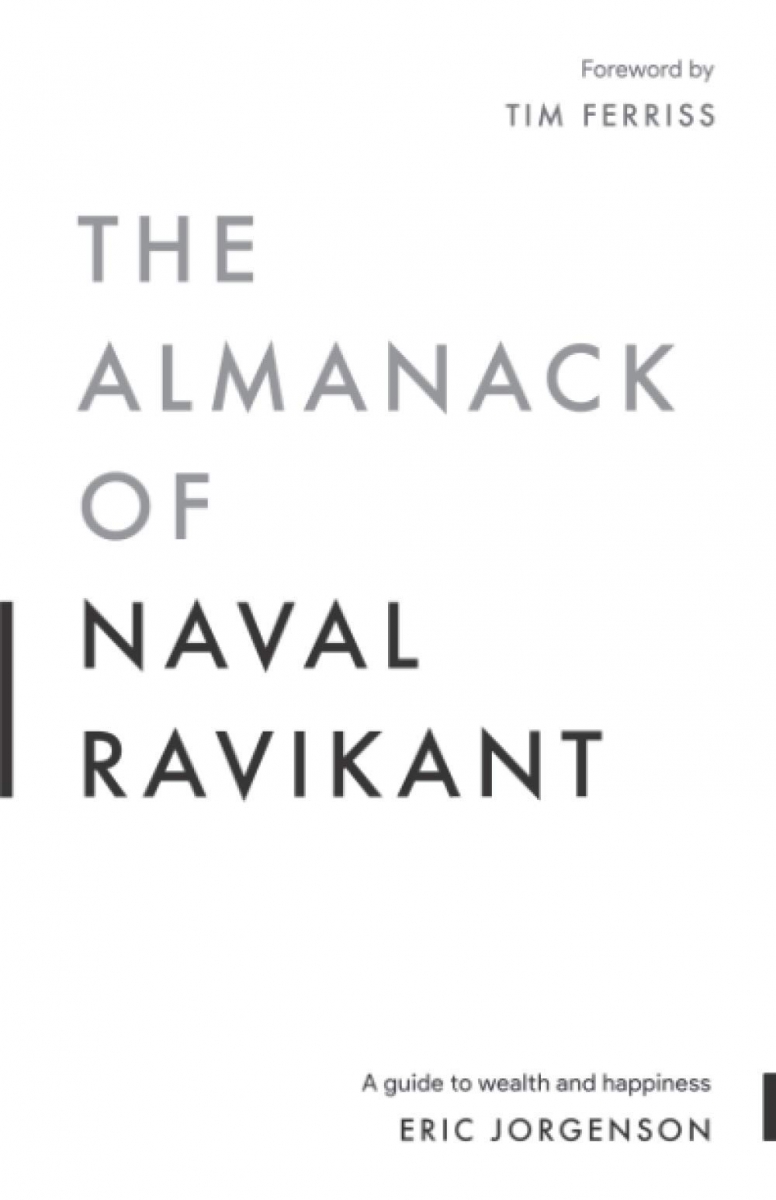Introduction
The Almanack of Naval Ravikant by Eric Jorgenson is a profound exploration of wealth, happiness, and personal growth. Naval Ravikant, a renowned entrepreneur and philosopher, shares timeless wisdom on achieving financial freedom and living a fulfilling life. This book is not just a manual for building wealth but also a guide to understanding the deeper principles of life. In this review, we’ll break down the five key components of Naval’s financial freedom equation, offering insights and actionable takeaways for anyone seeking to build wealth and live on their own terms.
1. Specific Knowledge: The Foundation of Wealth
What is Specific Knowledge?
Naval defines specific knowledge as knowledge that cannot be easily trained or replicated. It’s the unique combination of skills, passions, and experiences that make you stand out. Unlike generic knowledge, specific knowledge is deeply personal and often tied to your innate talents and curiosities.
How to Find Your Specific Knowledge
Naval suggests looking back at your childhood and teenage years to identify activities that felt effortless and enjoyable to you but seemed like work to others. For example:
- Did you love reading science fiction and absorbing knowledge quickly?
- Were you obsessed with building things, whether Legos or websites?
- Did you naturally gravitate toward teaching or helping others?
These clues can help you uncover your specific knowledge. Naval emphasizes that specific knowledge is found by pursuing your genuine curiosity and passion, not by chasing market trends or hot industries.
Why Specific Knowledge Matters
Specific knowledge is the foundation of wealth creation because it allows you to offer something unique to the world. When combined with accountability, equity, and leverage, it becomes a powerful tool for achieving financial freedom.
2. Accountability: Taking Risks Under Your Own Name
The Power of Accountability
Naval argues that embracing accountability is crucial for building wealth. Society rewards those who take risks under their own name with responsibility, equity, and leverage. By putting your name and reputation on the line, you gain credibility and trust, which are essential for long-term success.
Levels of Accountability
Naval outlines three levels of accountability:
- Input Accountability: Being accountable for your time and effort (e.g., a salaried job).
- Output Accountability: Being accountable for the results you produce (e.g., freelance work).
- Outcome Accountability: Being accountable for the ultimate impact of your work (e.g., owning a business and profiting from its success).
The higher you go on this spectrum, the greater the risks—and rewards.
Why Accountability is a Double-Edged Sword
While accountability can lead to significant rewards, it also comes with risks. Naval reminds us that failure is part of the process, but in modern society, the downside is often limited. People are more forgiving of honest failures, especially when you’ve made a high-integrity effort.
3. Equity: Ownership is the Path to Wealth
Why Equity Matters
Naval asserts that owning a piece of a business is the only true path to financial freedom. Without equity, you’re trading your time for money, which limits your earning potential. Equity allows you to earn passively, even when you’re not actively working.
How to Build Equity
There are two primary ways to build equity:
- Start Your Own Business: This gives you 100% ownership and control over your financial destiny.
- Join Early-Stage Startups: By taking equity in a promising startup, you can benefit from its growth and success.
Naval contrasts this with the “slow lane” approach of saving and investing in the stock market, which he argues is less effective for achieving true wealth.
4. Leverage: Multiplying Your Efforts
The Three Forms of Leverage
Naval identifies three types of leverage:
- Labor: Having people work for you (the oldest and least effective form of leverage).
- Capital: Using money to multiply your efforts (a powerful but permissioned form of leverage).
- Products with No Marginal Cost of Replication: This includes books, media, movies, and code—the most democratic and scalable form of leverage.
Why Permissionless Leverage is Key
Naval emphasizes that modern forms of leverage, like coding and content creation, are permissionless. You don’t need anyone’s approval to start a YouTube channel, write a book, or build software. These tools allow you to scale your efforts infinitely, making them ideal for wealth creation.
5. Time: The Ultimate Ingredient
The Importance of Patience
Naval reminds us that wealth creation takes time. Even with specific knowledge, accountability, equity, and leverage, success doesn’t happen overnight. The key is to focus on the process, not the outcome, and to enjoy the journey.
Why You Shouldn’t Count the Hours
If you’re constantly counting the hours and waiting for success, you’ll likely run out of patience before you achieve your goals. Instead, Naval advises pursuing work that feels like play to you. When you’re genuinely passionate about what you do, the time invested becomes irrelevant.
Conclusion: A Framework for Financial Freedom
The Almanack of Naval Ravikant is more than just a book—it’s a mindset. Naval’s principles of specific knowledge, accountability, equity, leverage, and time provide a powerful framework for achieving financial freedom. While the book doesn’t offer a step-by-step roadmap, it challenges you to think differently about wealth and success.
If you’re willing to embrace these principles and put in the work, the rewards can be life-changing. As Naval says, “The world is an efficient place. Immediate doesn’t work. You have to put in the time.”
Final Thoughts
Whether you’re an aspiring entrepreneur, a content creator, or someone simply looking to improve your financial situation, The Almanack of Naval Ravikant offers invaluable insights. It’s a book that deserves to be read, reread, and applied in your journey toward financial freedom and a fulfilling life.
If you found this review helpful, consider picking up a copy of the book and diving deeper into Naval’s wisdom. And remember, the journey to wealth is as much about the process as it is about the destination.
